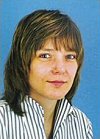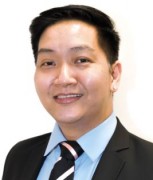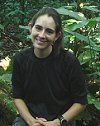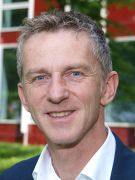
Ph.D, University of Texas at Austin, 1973
Professor Emeritus, Georgia State University, 2007
Georgia State University, Atlanta, USA
Website
Running throughout my work is a concern with social interaction: how it is observed, how it is described, and how it is analyzed. With Lauren B. Adamson I have observed and continue to observe infants and toddlers interacting with their mothers to study how such infants communicate—and how joint attention is transformed—before and as formal language is acquired in typically developing toddlers and toddlers with autism and Down Syndrome. With Josephine V. Brown I have observed preterm and full-term infants and mothers interacting and have studied effects of early interaction patterns on subsequent development. With John M. Gottman (University of Washington) I have written a book, explaining procedural and analytic strategies for observational studies in general. And with Vicenç Quera (University of Barcelona, Spain) I have written articles, books, and computer programs that explore specific analytic strategies for the sequential analysis of systematic observational data.
I have also worked with a number of colleagues, analyzing archives of interview, self-report, medical, and other data, primarily related to health concerns, including AIDS: with John Peterson (GSU) to analyze effects of stress, coping, HIV status, psychosocial resources, and depressive mood in African American gay, bisexual, and heterosexual men; with Julia Perilla (GSU) to analyze effect of domestic violence among Latino couples; with Marianne Celano (Emory University School of Medicine) to study factors affecting interventions with asthmatic children; with Mary Ann Romski (Dept. of Communication, GSU) to study augmented language intervention for toddlers; and with Claire Coles (Emory University School of Medicine) to analyze effects of maternal drug and tobacco use during pregnancy on preterm and full-term infants.
At the undergraduate level, I have taught developmental psychology and psychological statistics, and at the graduate level, I have taught courses in statistical analysis including multiple and logistic regression and structural equation modeling, and developmental and observational methods.
Read more about the Sequential Data Analysis Program GSEQ (Generalized Sequential Querier), developed by Roger Bakeman (Georgia State University) and Vicenç Quera (University of Barcelona)













